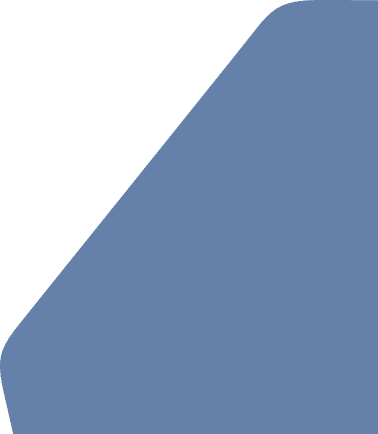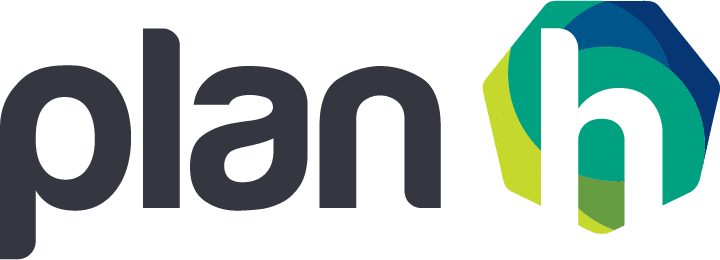By Connie Allsopp
Is an Equity Lens being applied in your community?
In 2023, BC Healthy Communities offered its innovative online PlanH Equity Curriculum to local government leadership teams across British Columbia. The curriculum consists of self-study modules that begin by explaining the concept of equity and then outlines how to create equitable engagement, through a wealth of relevant resources.
BCHC conducted a pilot program with leaders from various municipalities in 2023 to test the curriculum. This program kicked off with three meetings in which mayors, councillors and chief administrative officers (CAOs) were invited to review the curriculum. They also participated in a peer-to-peer session in which they shared real-life experiences of using an equity lens.
Through the process, BCHC staff learned that one module helped define what it meant to use an equity lens in these communities. Another module provided tools to create internal equitable engagement and professional learning. This second module allows diverse voices to be heard and provides a range of perspectives on equitable policies and practices.
These perspectives helped leaders identify ways to eliminate obstacles, allowing community members, including those with both visible and invisible disabilities, to actively participate in civic activities. This process involves the implementation of accessibility plans aimed at ensuring full engagement at the local level.
At the 2023 Local Government Management Association (LGMA) conference, BCHC shared its Equity Continuum with its four stages of implementation, including various tools, games and action guides for each stage. The continuum was used by leadership attendees to reflect on where their municipalities were in relation to the implementation and/or application of an equity lens.
Once the stages were determined, specific resources are available to advance the concept. These stages reflect:
1) a basic understanding of an equity lens;
2) the use of equitable engagements and an equity lens for hiring and internal training;
3) an equity lens for the analysis of various policies, practices and actions; and,
4) a sense of institutional integrity arises in which individuals in the organization or local municipality take personal responsibility for ensuring an equity lens is used for all interactions.
As we go deeper into these stages:
1) Awareness;
2) Understanding;
3) Analysis; and,
4) Embedded along with the relevant resources, tools and strategies, please see the visual below to determine where your community might be on the Equity Continuum.
Reach out to Connie Allsopp, PlanH Delivery Lead for access to these resources, tools and supports at connie@bchealthycommunities.ca. Or visit the PlanH website for more information.




